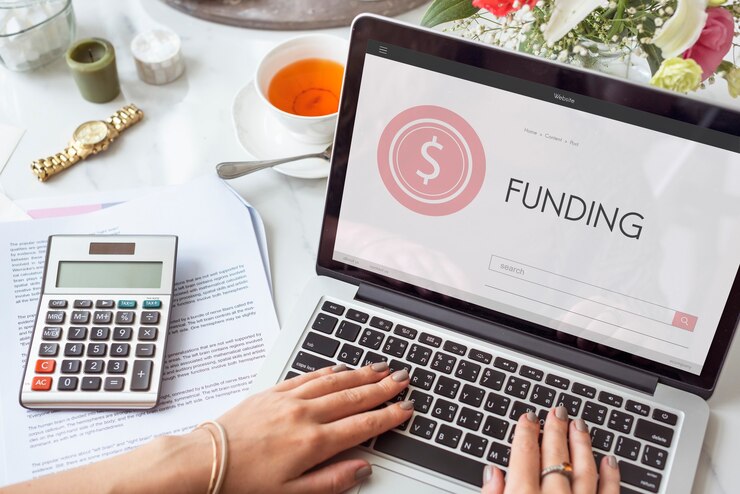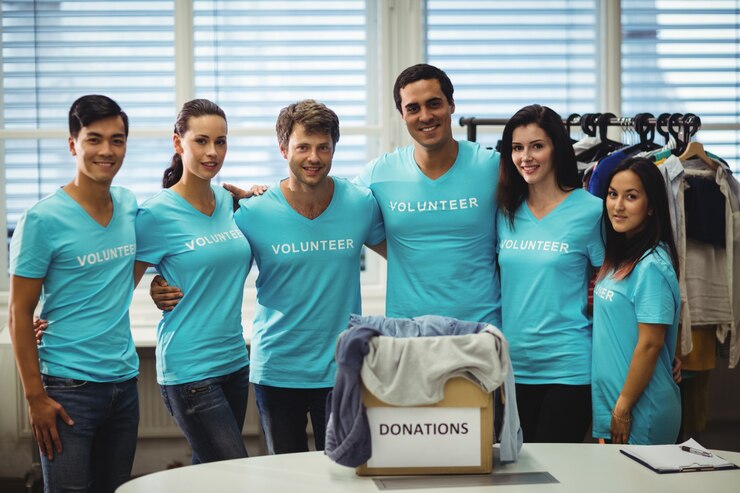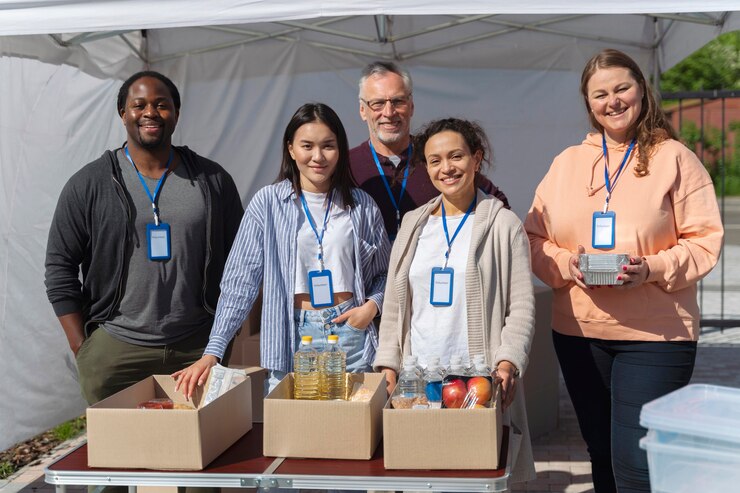Microfinance grants for NGOs in USA
Microfinance grants for NGOs in USA
Submit your Nominations for Country Director on info@aiuno.org
Microfinance grants for NGOs in the USA can provide crucial financial support to organizations dedicated to alleviating poverty and promoting economic development in underserved communities. While microfinance typically focuses on providing small loans to low-income individuals and entrepreneurs, NGOs play a vital role in facilitating access to these financial services and promoting financial inclusion. Here are some potential sources of grants for NGOs involved in microfinance-related initiatives in the USA:
- The U.S. Department of Health and Human Services (HHS): HHS offers grants through various programs to support economic empowerment and financial inclusion initiatives, which may include microfinance projects. Check their website or grants.gov for current opportunities.
- The CDFI Fund (Community Development Financial Institutions Fund): This fund provides financial assistance to certified CDFIs (Community Development Financial Institutions), which often include microfinance organizations. NGOs can apply for grants or financial assistance programs through the CDFI Fund to expand their microfinance operations.
- The Ford Foundation: The Ford Foundation is known for supporting initiatives related to social justice, economic empowerment, and financial inclusion. They may offer grants to NGOs that are working on microfinance and poverty alleviation projects.
- The Gates Foundation: While primarily focused on global health and development, the Gates Foundation also supports initiatives related to financial inclusion. NGOs with innovative microfinance projects may find opportunities for funding here.
- Local Community Foundations: Many local community foundations across the United States offer grants to support poverty alleviation and economic development projects. These foundations may be interested in funding NGOs involved in microfinance activities in their communities.
- Private Financial Institutions: Some private banks and financial institutions have corporate social responsibility (CSR) programs that support microfinance initiatives. NGOs can explore partnerships or grant opportunities with such institutions.
- Social Impact Investors: While not traditional grants, social impact investors and impact investment funds may provide capital to NGOs involved in microfinance projects in exchange for a social or financial return.
- Federal Agencies: Other federal agencies, such as the U.S. Department of Agriculture or the Small Business Administration, may have grant programs that align with microfinance initiatives. Be sure to research available opportunities on their respective websites.
- Philanthropic Organizations: There are many philanthropic organizations and family foundations in the USA that support poverty alleviation and economic development. Research these organizations and their funding priorities to identify potential grant opportunities.
- Online Grant Databases: Utilize online grant databases like GrantWatch, Foundation Center, or Candid (formerly GuideStar) to search for microfinance-related grants and funding opportunities.
Remember that eligibility criteria and application processes may vary widely among different grant providers. It’s important to thoroughly research each potential funding source, tailor your proposals to their priorities, and follow their application guidelines. Additionally, building strong partnerships and demonstrating a clear social impact in your microfinance projects can enhance your chances of securing grants for your NGO in the USA.
Climate solutions accelerator program
American jewish world services
Women’s peace and humanitarian fund
Business plan tools for startups
Internally displaced persons ukraine








